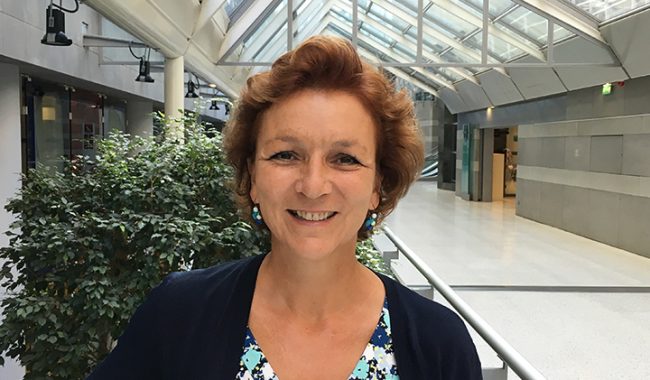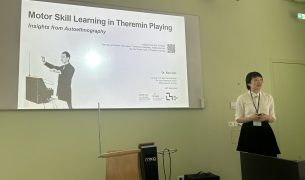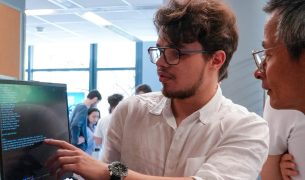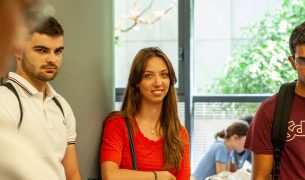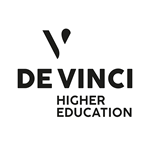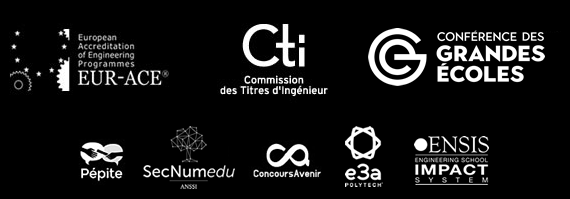The integration of digital technology into business is dramatically changing professional relationships. At ESILV, The Soft skills and transversality Department aims at adapting engineering students to this new reality. Interview with Laure Bertrand, teacher-researcher and Director of The Department.
Coming from the strict field of continuous training in business, soft skills now take place in higher education.
Where does the term soft skills appear?
It appeared in California and was theorized in particular by the school of Palo Alto. In the 1990s, soft skills leaders were first concerned with soft skills. They understood that the success of a company was not only based on technical expertise but also on well-being. Making progress in their own personal development, knowing better how to manage their time and their relationship to their teams, for example, contributed to the performance of their company.
For what reasons do this training programme develop within higher education?
To master soft skills is an issue for the employability of young people. Career paths were linear before but now they are less predictable. These skills and all relational skills play a decisive role in the progression of careers.
And this movement is not over: uncertainty is the norm and technical knowledge evolves continuously at a maximum speed. In this context, it is not just about learning but learning to learn. The qualities of openness, critical analysis, adaptability, cooperation become strategic. That’s why I created, under the leadership of the group’s management, this “soft skills, and transversality” Department.
The program runs over five years: it is compulsory and common to all three schools of the cluster (ESILV, EMLV, IIM) and students are evaluated, as well as in other subjects.
How is built the programme?
The program includes nearly 350 hours of classes. Students from all the three schools work in teams on four major themes. The first module, entitled “Understand and understand others” aims to help them get to know each other better and understand how they work. In the end, they can better position themselves in a group or a project.
Positive psychology is used to identify their talents, weaknesses, values, emotions, and frames of reference. We also work a lot on reflexivity. Another essential part of the program is the relationship with others and the experience of group dynamics: listening, being able to assert oneself and finding one’s place in a group, or even managing a conflict.
In this uncertain world, knowing how to embrace the unknown and adapt to it is one of the keys that will promote the entry and professional development of young people.
“Performance in Action” is a third axis of the program: they learn agile methods, manage their time, public speaking and eloquence. Without forgetting to mention the attitude towards failure, learning to consider it as a source of learning and not as a stigmatizing and humiliating fact.
Why do you insist on the notion of transversality?
Transversality is indeed at the heart of the program. First of all, in the subjects we studied: soft skills training, job coaching, languages, sports, associative life, and finally student projects and commitments.









